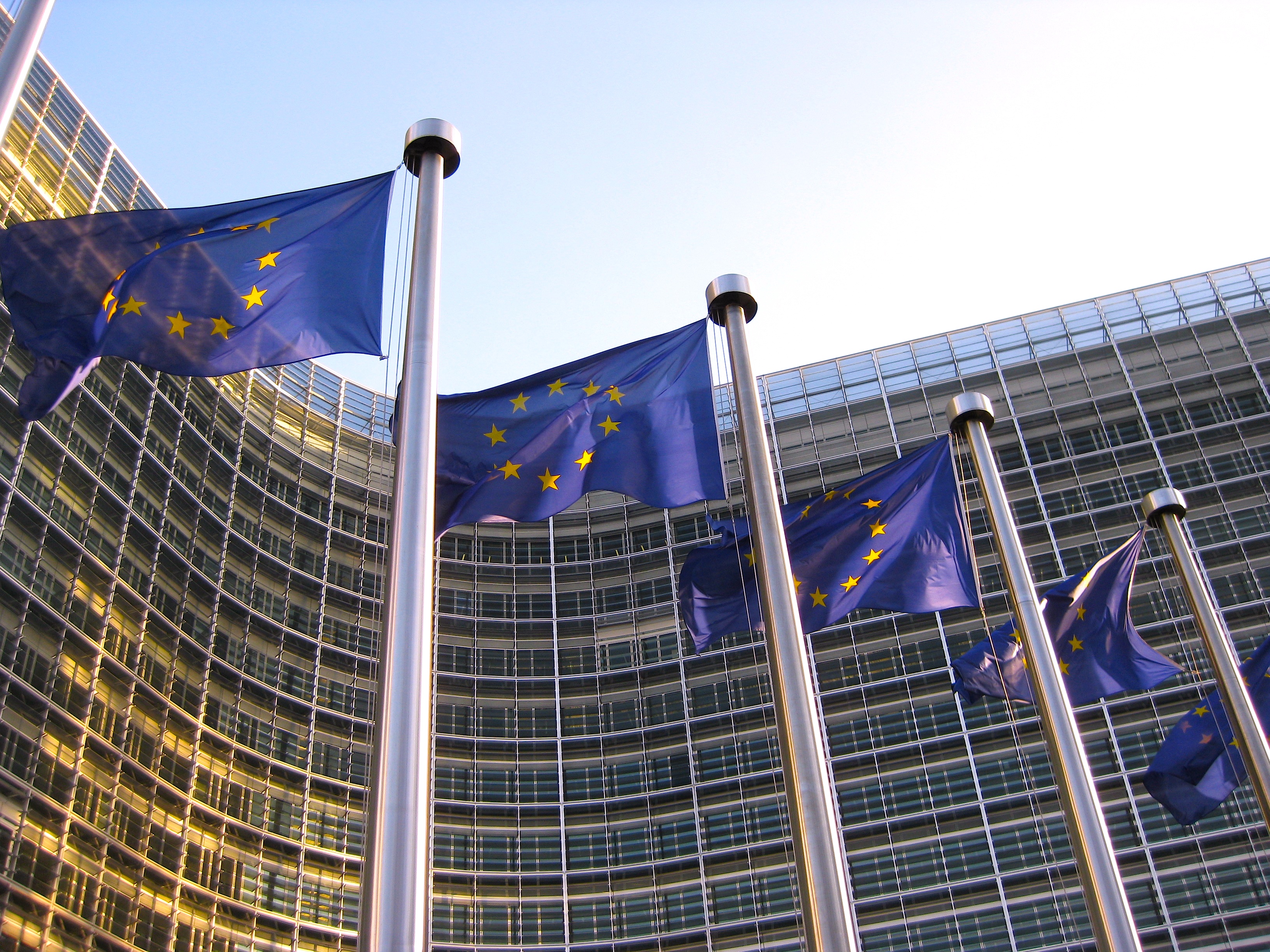

This designation process resembles the one established in the DMA, as regulators will base their decision on a few parameters and then the companies will be subject to a new set of rules. First, cloud providers will need to be designated as critical ICT third-party service providers. While most of the proposed law addresses banks and other financial institutions in Europe, there is a chapter devoted to ICT third party risk, which includes cloud providers of critical or important functions.ĭORA will enable the European Supervisory Authorities (ESAs) to access critical ICT third-party service providers directly - and sanction them if necessary. The purpose of the law, which is part of a bigger EU digital finance package, is to make the financial sector more resilient and better prepared for cyber threats and other information and communication technology (ICT) risks. However, despite these inquiries or even the new obligations established in the DMA, Microsoft, Amazon and other cloud providers may be subject to more regulatory oversight on an ongoing basis when DORA enters into force, probably in 2023.ĭORA is a new law proposed by the European Commission that aims to establish uniform requirements for the security of networks and information systems in the financial sector. While it is too early to predict whether these inquires will lead to any enforcement action, it is a good reminder that the adoption of the Digital Markets Act (DMA), which will impose new obligations on gatekeepers providing cloud services, won’t be a substitute for antitrust investigations.

Regulators' main area of focus is tying practices - for instance, whether Microsoft is selling packages including several services like operating systems, productivity applications and cloud services.
#Eu european commission microsoft onedrive teams software#
In this case, German software provider NextCloud and three other companies have filed complaints about Microsoft’s cloud practices. Normally, EU regulators reach third parties when they have complaints about a company's conduct that may be anticompetitive.

This is not part of any formal investigation yet. Moreover, a bigger regulatory headwind may be coming the companies’ way with the approval of the Digital Operational Resilience Act (DORA).įirst, the European Commission is asking Microsoft's customers and competition about its cloud business and its licensing deals, according to Reuters. Over the course a few days, cloud computing went from “not being an antitrust concern,” according to EU Competition Commissioner Margrethe Vestager, to a being a definite subject of questioning for some companies in this space.


 0 kommentar(er)
0 kommentar(er)
